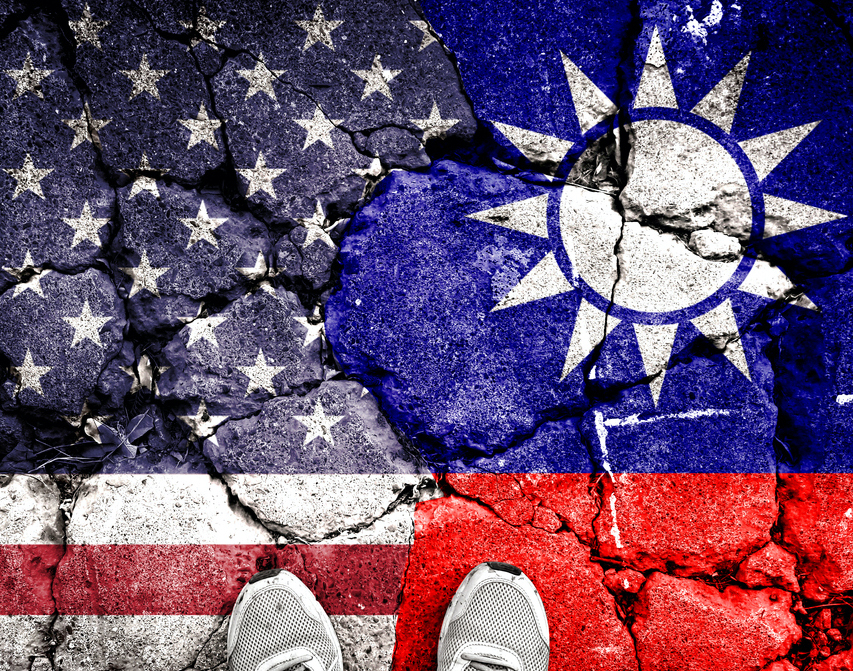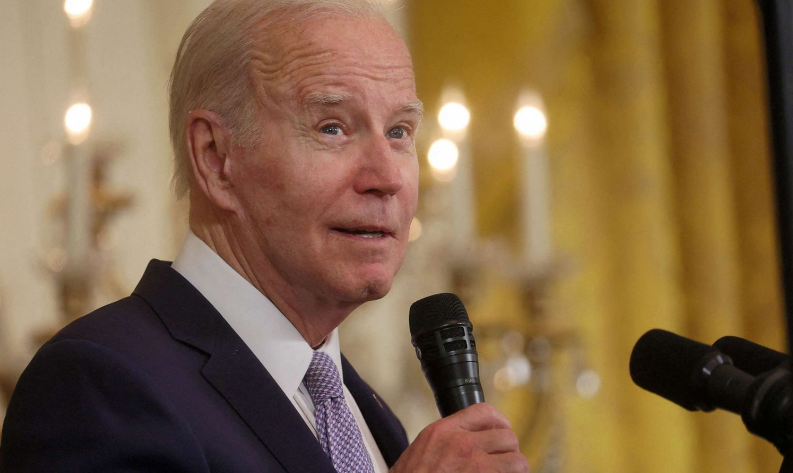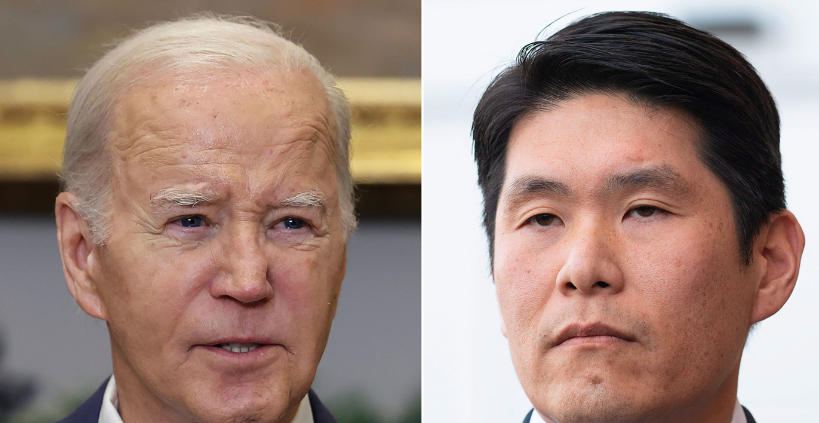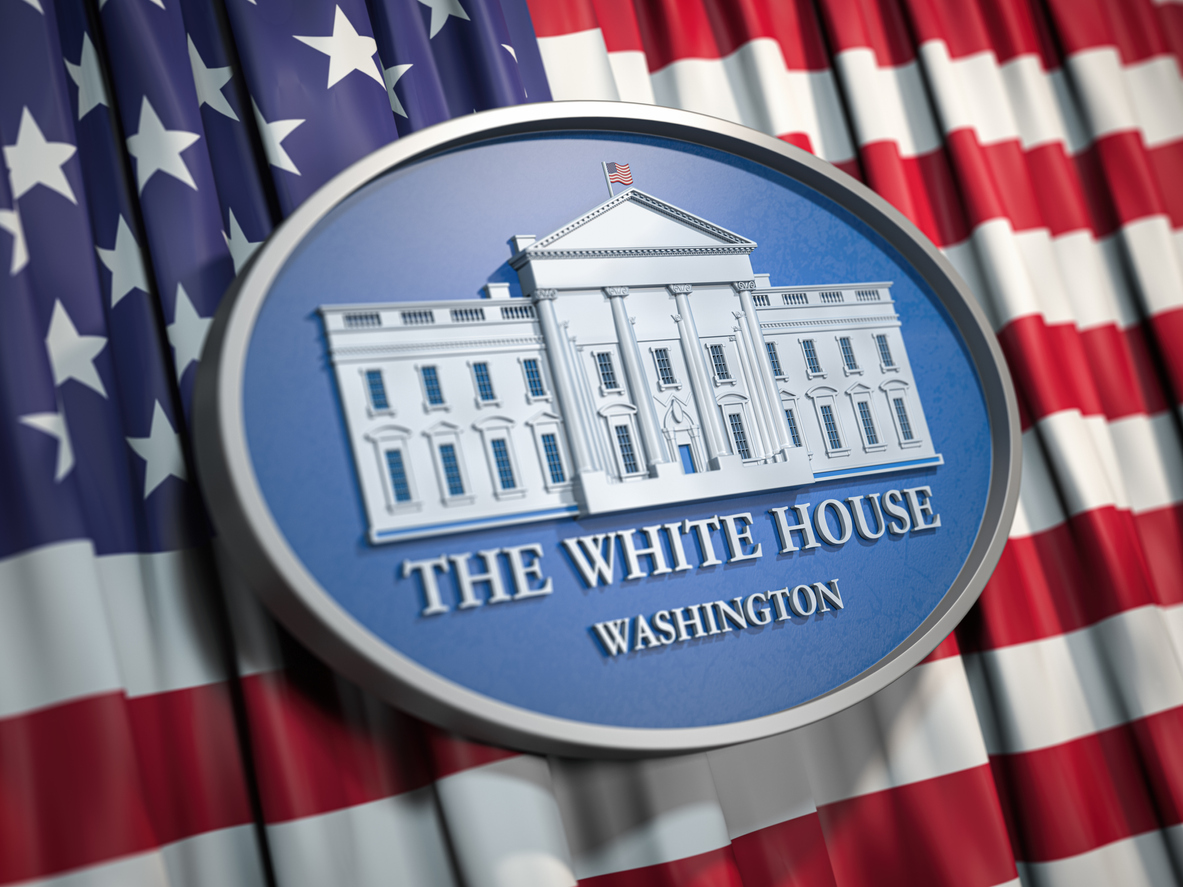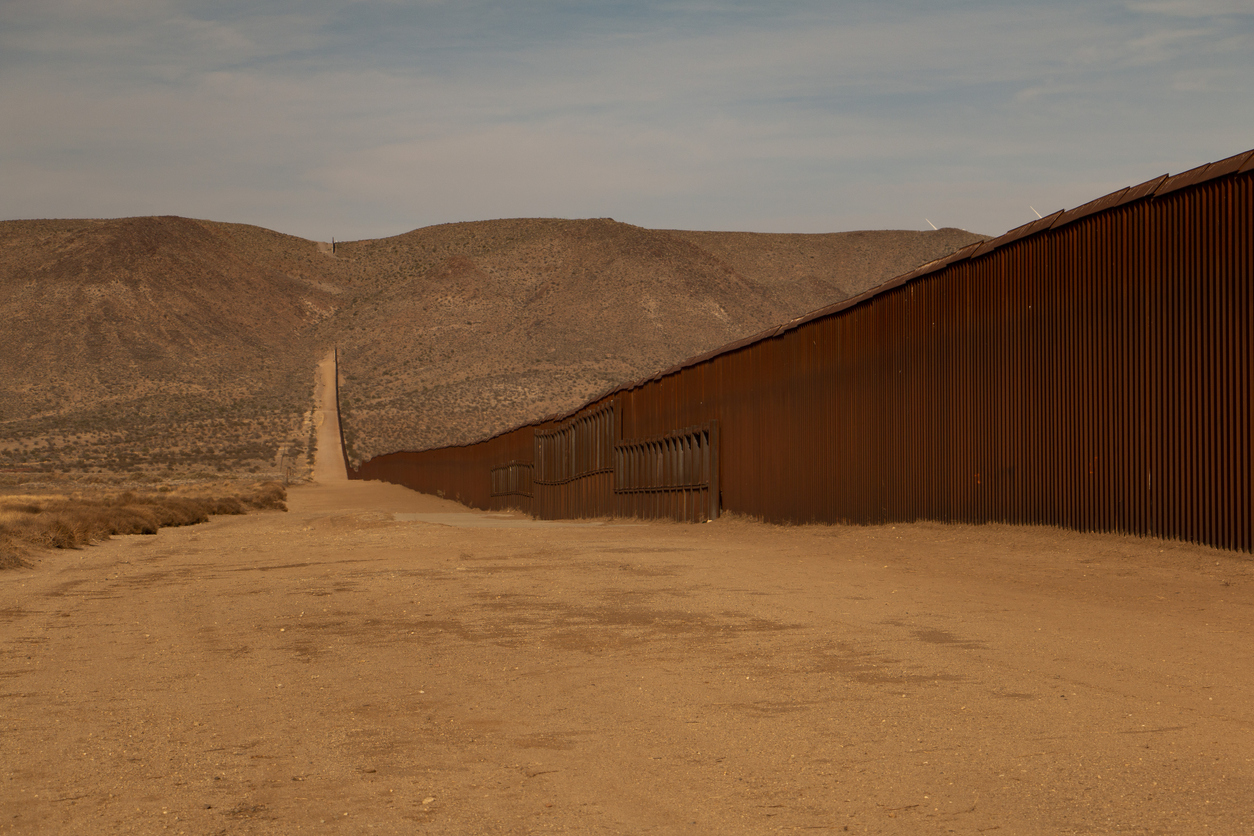In a significant move reflecting the growing concerns over digital security and foreign influence, the House of Representatives has passed a bill that directly targets TikTok, the wildly popular video-sharing app. With an overwhelming bipartisan vote of 352-65, the legislation seeks to mandate TikTok’s Chinese owner to divest the app or face a comprehensive ban from U.S. app stores. This development underscores the app’s uncertain future in the American market and showcases the unified stance of lawmakers across the political spectrum on matters of national security and digital sovereignty.
House Speaker Mike Johnson and former House Speaker Nancy Pelosi (D-Calif.) both endorsed the bill, highlighting its bipartisan appeal. The opposition, although varied, came from corners of the House that traditionally raise concerns about legislative overreach and privacy implications. Notably, objections were raised by both conservative and progressive members, indicating a nuanced debate over how best to regulate social media platforms while respecting constitutional liberties.
The bill’s journey is far from over as it now proceeds to the Senate, where its prospects are less clear. Despite bipartisan concerns about TikTok’s operations and its implications for user privacy and national security, Senate Majority Leader Chuck Schumer has not yet indicated a commitment to advancing the bill. However, President Joe Biden has expressed his willingness to sign the bill into law, should it successfully navigate the complexities of Senate deliberation.
This legislative effort has not gone unchallenged. TikTok, aware of the existential threat posed by the bill, launched a comprehensive campaign to sway public opinion and legislative outcomes. Through rallies, lobbying efforts, and leveraging its vast user base, TikTok sought to highlight the potential overreach and unintended consequences of such a ban. Intriguingly, the debate attracted comments from former President Donald Trump, whose administration had previously attempted to restrict TikTok’s operations, illustrating the shifting political dynamics surrounding tech regulation.
As the Senate contemplates its next steps, key figures express reservations and alternative proposals. Senate Commerce Chair Maria Cantwell (D-Wash.) advocates for a more nuanced approach that does not entail a full ban, proposing regulation that addresses security concerns without stifling the platform’s operations. This perspective highlights the broader challenge of crafting legislation that effectively secures digital spaces while preserving the vibrant, innovative landscape of social media.
Critics, including Senator Rand Paul (R-Ky.), caution against the potential First Amendment implications of a ban, reflecting concerns about government censorship and the importance of protecting digital expression. These constitutional considerations underscore the delicate balance lawmakers must strike in addressing the legitimate security concerns posed by foreign-controlled digital platforms without infringing upon the fundamental rights enshrined in the Constitution.
TikTok, for its part, maintains its stance as a platform committed to user safety and data protection, emphasizing efforts to mitigate security risks through partnerships and data management practices. The debate thus encapsulates a broader conversation about digital governance, the role of foreign entities in the U.S. digital ecosystem, and the appropriate regulatory responses to emerging technology challenges.
As the Senate weighs its options, the path forward remains uncertain. The House’s decisive action on TikTok legislation signals a critical moment in the ongoing dialogue about technology, security, and governance in the digital age. Stakeholders from all sides await the Senate’s decision, which will have far-reaching implications for the future of social media regulation, digital privacy, and the complex interplay between national security and individual freedoms in the United States.
